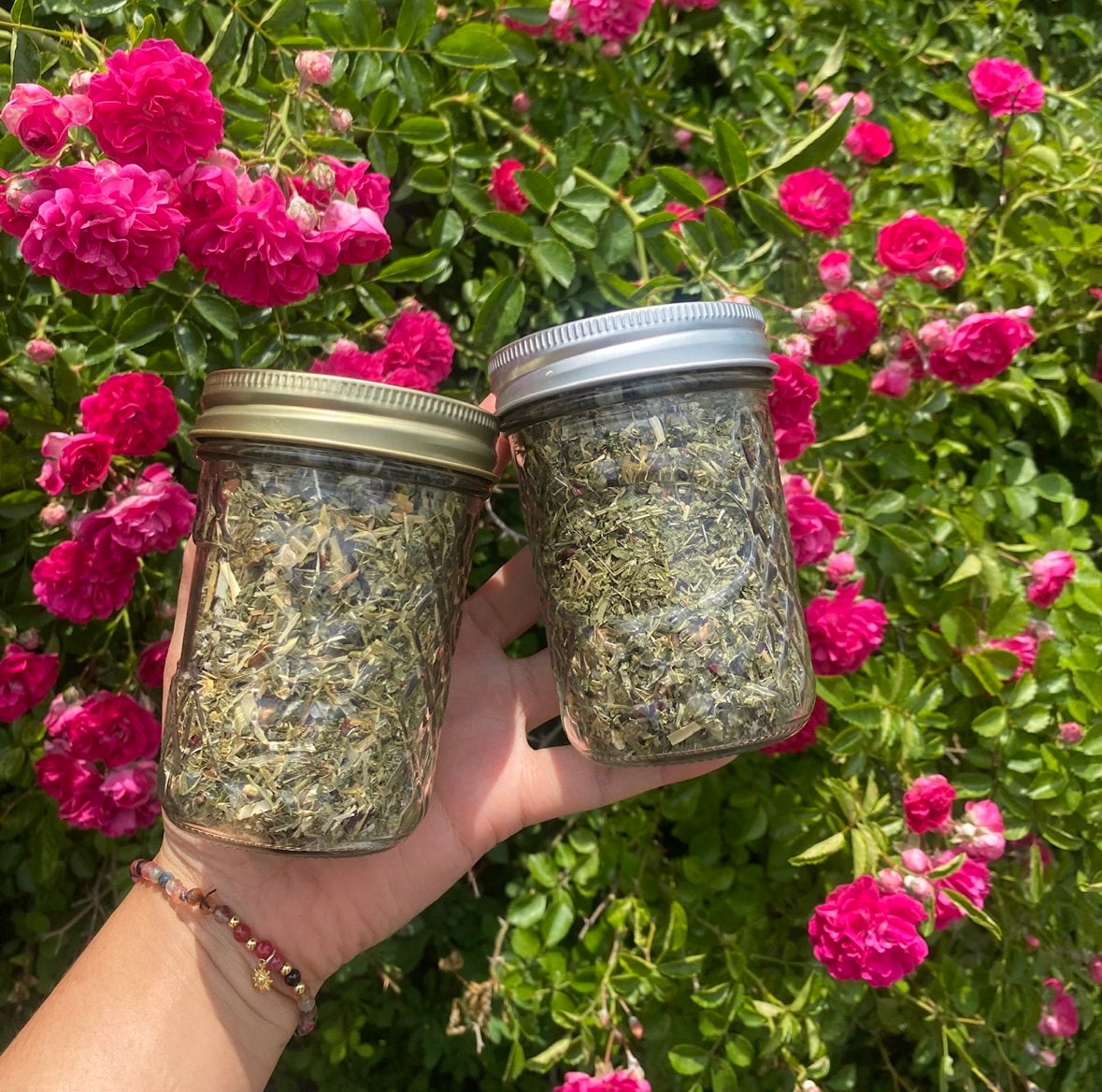Herbalism is the study and practice of using plants for medicinal purposes. It is an ancient practice that has been used for centuries to treat various ailments and promote overall health and wellness. Studying herbalism can provide numerous benefits, including:
1. Natural Healing: Herbalism offers a natural approach to healing that is free from harmful chemicals and synthetic drugs. It focuses on using plants and herbs to promote health and wellness, which can be a safer and more effective alternative to traditional medicine.
2. Holistic Approach: Herbalism takes a holistic approach to health, which means it considers the whole person, including their physical, emotional, and spiritual well-being. This approach can help individuals achieve optimal health and balance in all areas of their life.
3. Self-Sufficiency: Studying herbalism can teach individuals how to grow, harvest, and prepare their own herbs and remedies. This can help them become more self-sufficient and reduce their reliance on conventional medicine.
4. Cost-Effective: Herbal remedies are often more affordable than prescription drugs and can be made at home using simple ingredients. This can help individuals save money on healthcare costs.
5. Sustainable: Herbalism promotes the use of sustainable and environmentally friendly practices, such as growing and harvesting herbs in a way that does not harm the environment. This can help individuals reduce their carbon footprint and contribute to a healthier planet.
Overall, studying herbalism can provide numerous benefits for individuals looking to improve their health and well-being in a natural and holistic way.

